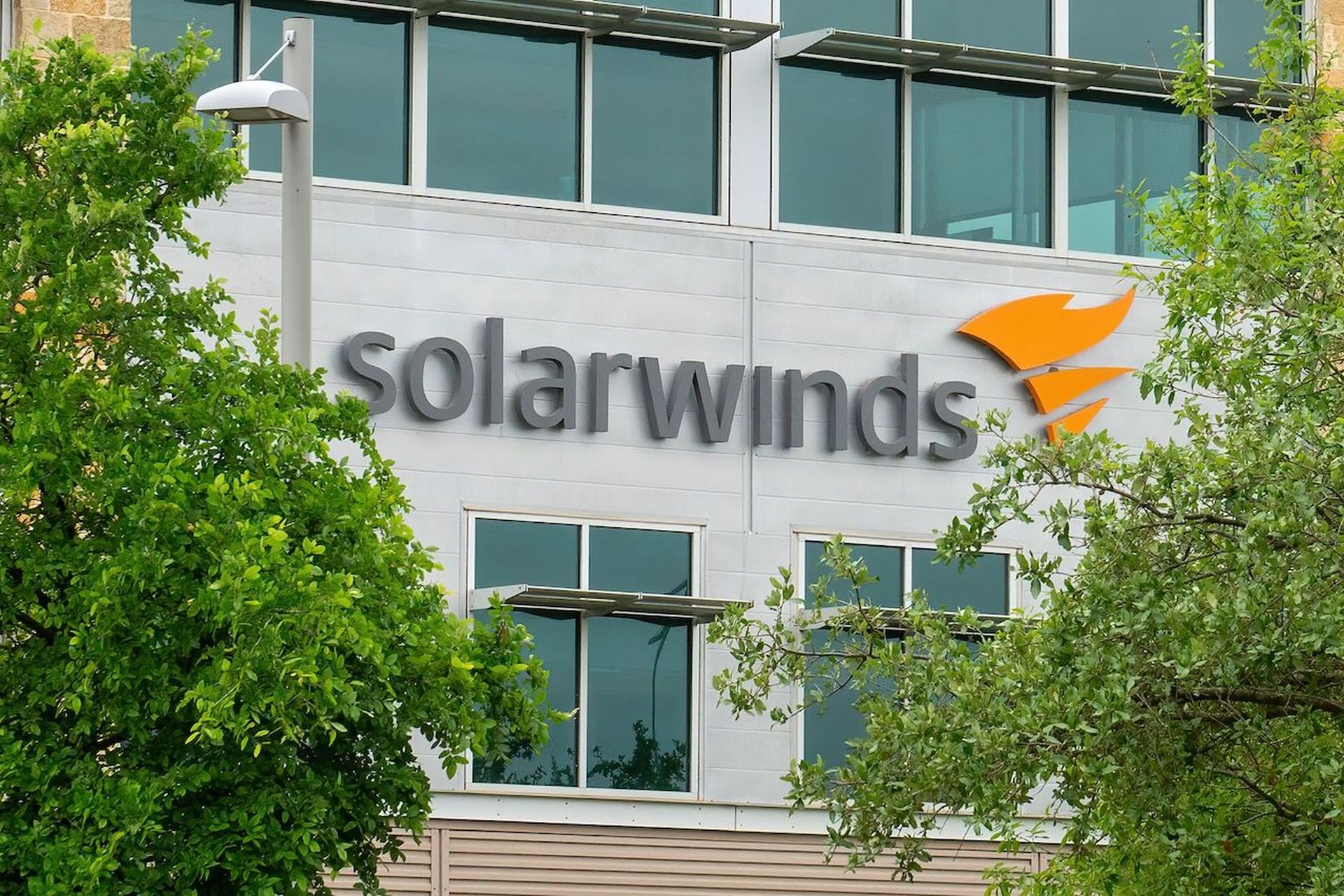The hottest financial terms in the technology sector are old terms that are new again.

The background: Over the past decade, venture capitalists focused their investments on hyper revenue growth and pumped up the associated deal valuations. Fast forward to present day, and the focus has shifted dramatically. Seemingly overnight, VCs now want their startups to have a more rational "path to profitability."
Why's that? The short answer involves rising interest rates. Amid multiple Fed interest rate hikes, it's becoming more expensive for VCs and private equity firms to borrow money for M&A deals. Serving that debt, in turn, often means VCs and PE firms can't afford to offer sky-high valuations when they seek to make acquisitions and investments.
The result: Money-losing startups -- even if they're growing -- will require "a lot of cost reductions" that trigger "a lot of pain," Thoma Bravo CEO Orlando Bravo told CNBC on June 16, 2022.
Still, Thoma Bravo remains upbeat because the company's tech holdings -- names like ConnectWise, N-able and Sophos -- are growing and generally profitable. And falling valuations for money-losing startups could allow Thoma Bravo and rival private equity firms -- names like Insight Partners, Summit Partners and Vista Equity Partners, among others -- to acquire businesses at market discounts.
Startups Cut Cash Burn Rates
Meanwhile, money-losing startups that were seeking near-term IPOs (initial public offerings) or new rounds of funding may need to re-set their business models -- shifting from hyper-growth priorities to reduce monthly cash burn rates and deliver a faster path to profits.
Amid that backdrop, venture-backed tech startups such as Automox, Cybereason, Liongard, OneTrust have had to cut staff in recent weeks. To be clear: Those companies continue to see top-line revenue growth, but VCs want their bottom-line profits to materialize faster than previously requested.
Where will the road ultimately lead? The safe bet involves more investor focus on an old -- but reliable -- investor term: Price-to-earnings ratio (P/E ratio). Basically, businesses will increasingly be valued on the profits they deliver.
Tech Jobs, Net Worth: New Reality for Millennials, Generation Z
The stock market correction also could be a culture shock for anyone in the workforce who is roughly age 32 or younger. Those workers --roughly age 18 during the 2008 financial crisis, and age 10 during the dot-com bubble of 2000 -- have never navigated a downward market where your personal net worth can decline even if you're increasing your personal savings.
Over the past few years, tech employees of all ages largely called the shots -- demanding higher wages and work-from-anywhere (WFA) capabilities amid a labor shortage coupled with the COVID-19 pandemic.
But the new market reality -- emphasizing a need to control costs and deliver profits -- may put employers back in the driver's seat, especially if money-losing startups shed jobs, and profitable businesses strive to control costs through more selective hiring and revised business perks.
MSP Valuations: Good News?
Meanwhile, the mindset shift toward profits is good news for well-run MSPs. Indeed, the best-run MSPs typically deliver EBITDA (earnings before interest, taxes, depreciation and amortization) profit margins of 18% or more, according to Service Leadership Inc., a benchmarking and coaching organization now owned by ConnectWise.
So while money-losing tech startups have seen their valuations fall, MSP valuations have held up quite well -- though they may have dropped a bit from the record highs of Q1 2022, ChannelE2E believes.




